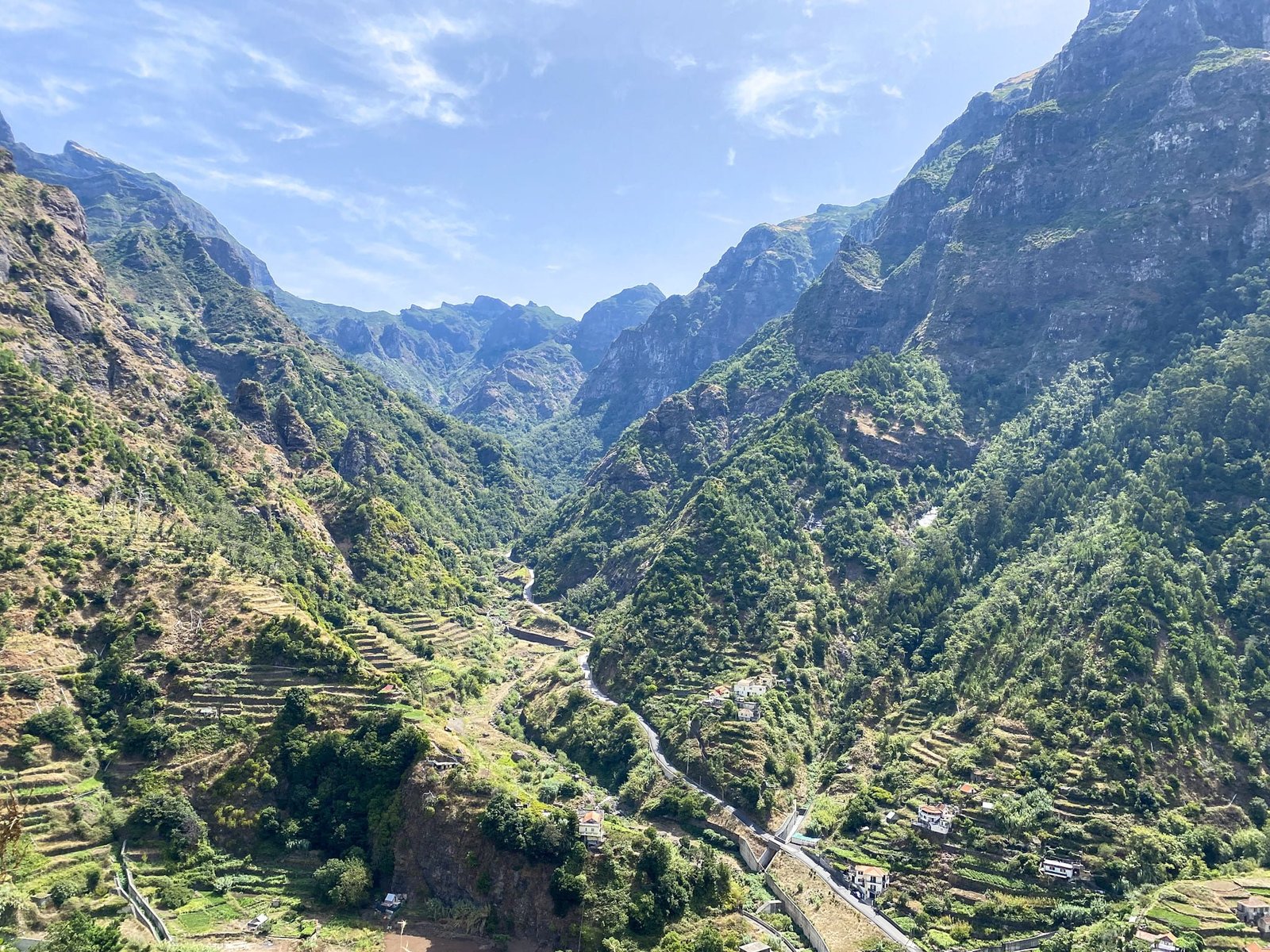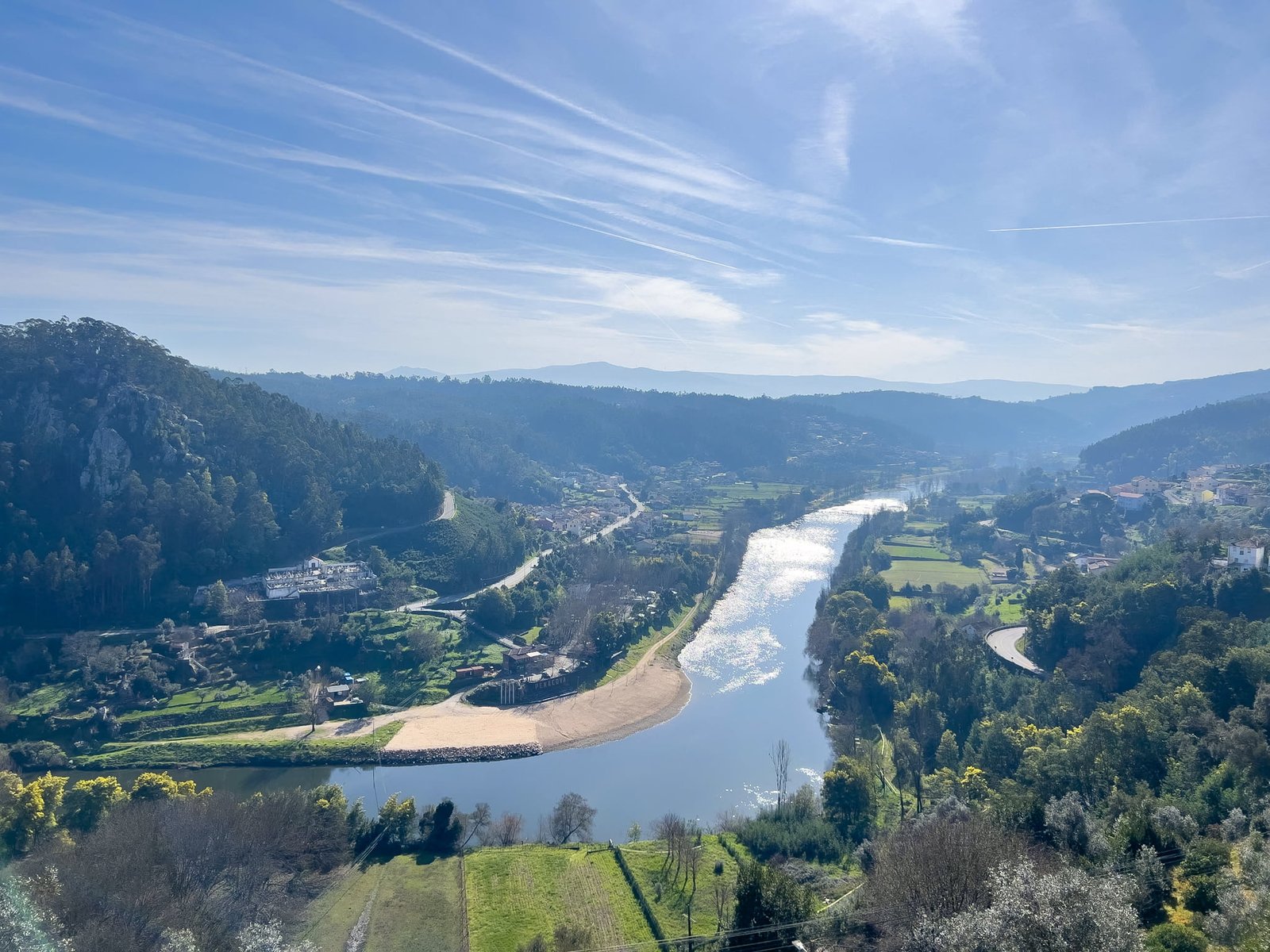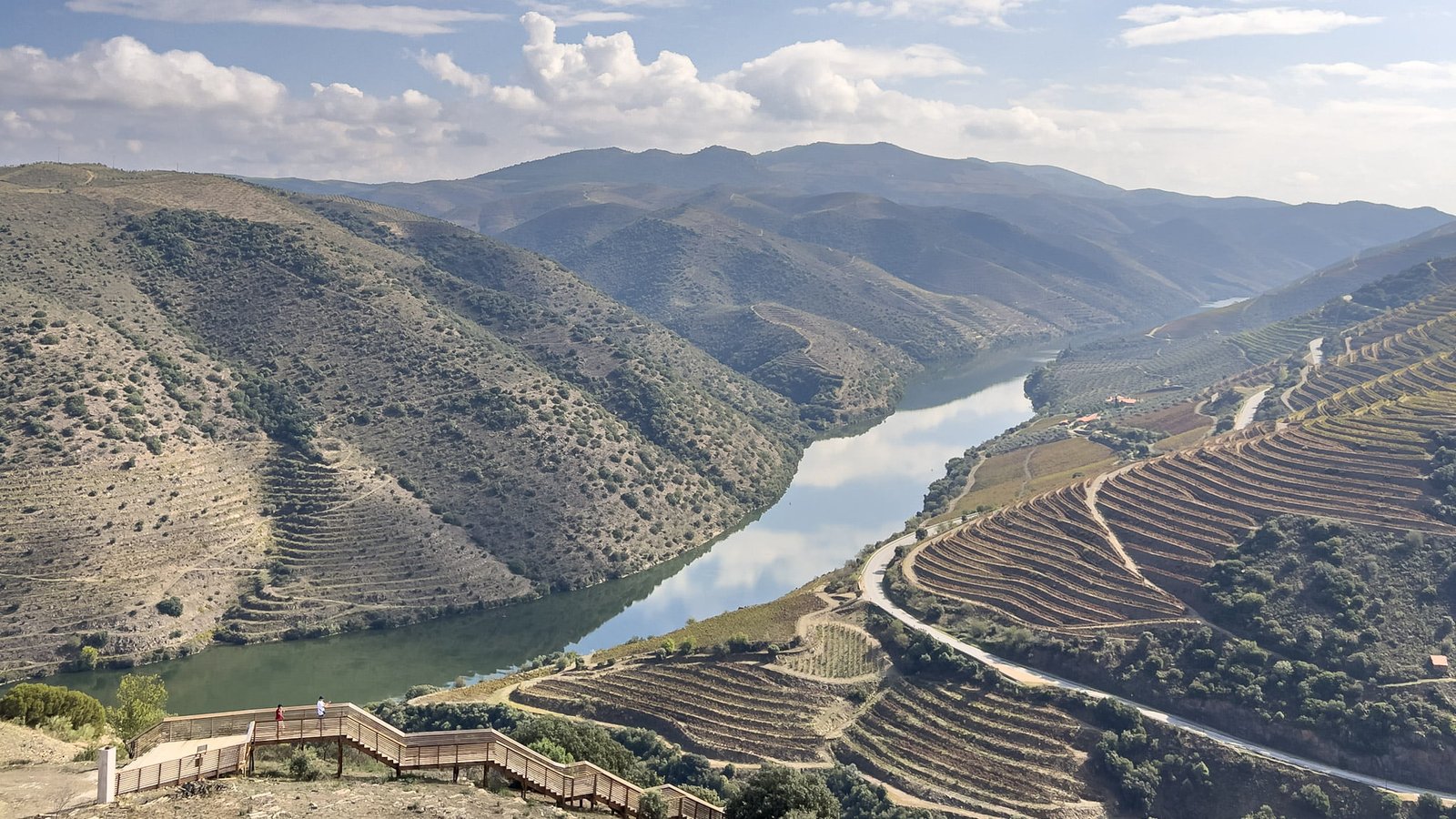
Portugal Travel Guide
Why visit Portugal
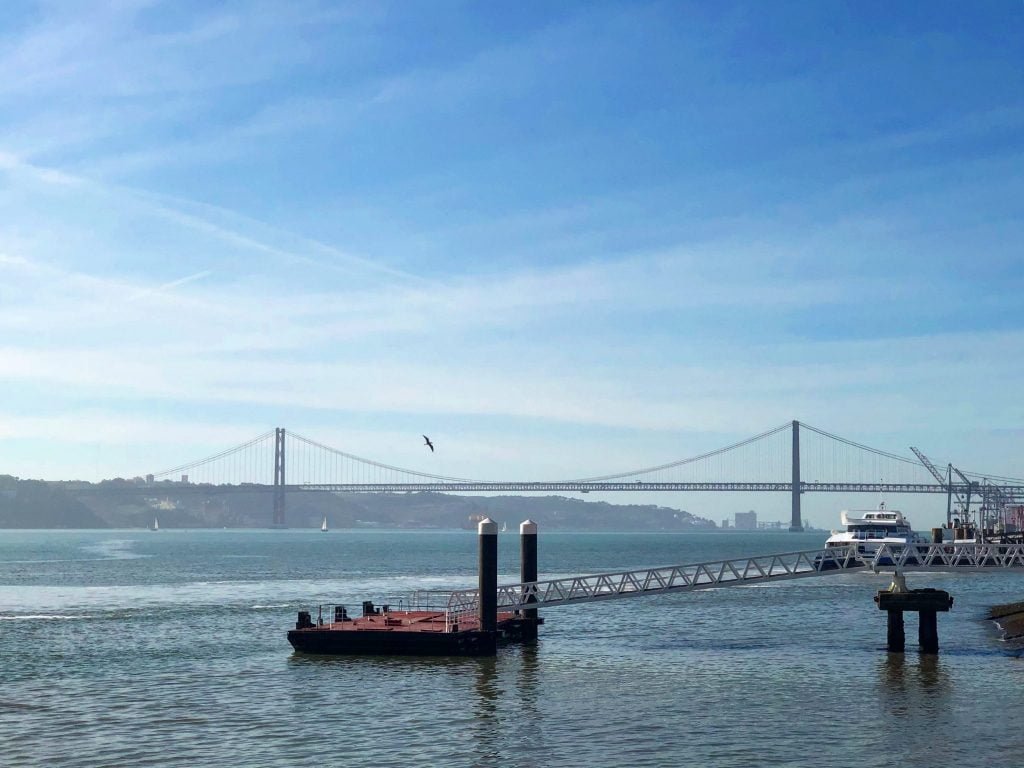
Portugal is a land of contrasts that seduces even the most demanding travelers, from the picturesque villages of Alentejo, where time seems to have stopped amidst golden fields and ancient olive trees, to the bustling streets of Lisbon, where tradition merges with modernity on every corner. With a palpable historical richness in every medieval castle and in every tile that adorns the facades of houses, Portugal invites you to embark on a journey through time.
Its cuisine is a true delight for the senses, while the stunning landscapes of the Douro and the Costa Vicentina offer a haven of tranquillity and natural beauty. Portugal is undoubtedly a destination that sparks passions and promises unforgettable experiences for those who dare to explore it.
The culture of Portugal

Portuguese culture is a blend of deep-rooted traditions expressed through popular festivals, authentic dishes, winemaking culture, and hospitality. The essence of Portuguese culture lies in saudade, a feeling that echoes the soul of the Portuguese people and their connection to the land and sea.
From a passion for music and dance to the art of hospitality at the table, Portugal offers an authentic experience that captivates those who venture to explore its wonders. Whether in the beauty of the landscapes of the Douro or the authenticity of the streets of Lisbon, Portugal invites travelers to immerse themselves in a unique experience where history, tradition, and hospitality blend to create lasting memories.
Portuguese Cuisine
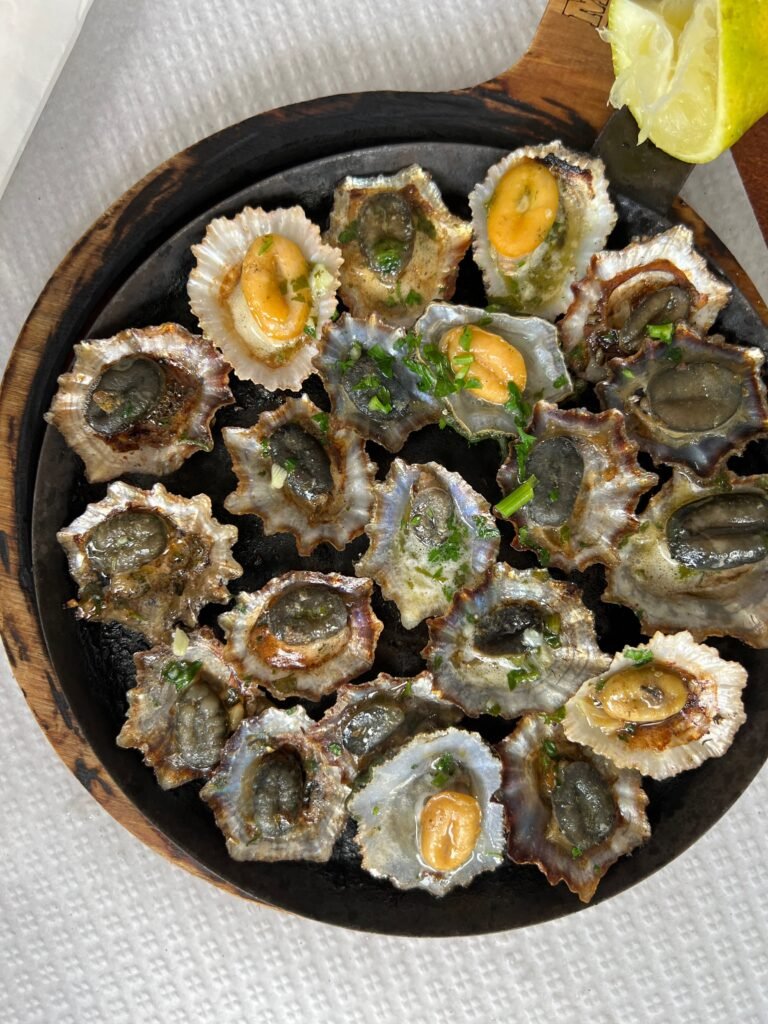
Portuguese gastronomy is a globally recognized culinary treasure, brimming with authentic flavors that awaken the senses of visitors. Portuguese cuisine extends beyond the most well-known dishes, such as codfish or custard tarts, exploring a diversity of ingredients and cultural influences that reflect the country’s historical and geographical richness.
Furthermore, there is a growing fusion between modernity and traditional flavors, with a variety of restaurants combining contemporary techniques with traditional ingredients, offering a unique gastronomic experience. Portuguese people have the habit of spending long moments at the table, turning gastronomy into a reason for extended gatherings with family or friends, where sharing a good meal is more than an act of nourishment; it is an expression of affection and culture.
When to visit Portugal

In Portugal, the best time to visit varies according to climatic preferences and desired activities. During spring, from March to May, average temperatures range between 10°C and 20°C throughout the country, making this period ideal for enjoying fields covered in flowers and local festivities. Autumn, from September to November, offers average temperatures between 15°C and 25°C, providing charming landscapes with the changing colors of tree leaves and traditional festivals.
In summer, from June to August, average temperatures range between 25°C and 35°C, perfect for enjoying beaches and outdoor activities. Finally, winter, from December to February, with average temperatures between 0°C and 10°C in the coldest regions, offers the opportunity to explore Christmas markets and enjoy snowy mountains, especially in the Serra da Estrela region, where skiing and participating in Christmas and New Year festivities are possible.
Forget the email, join our Telegram channel!
Exclusive tips and content without spam, directly to your phone.
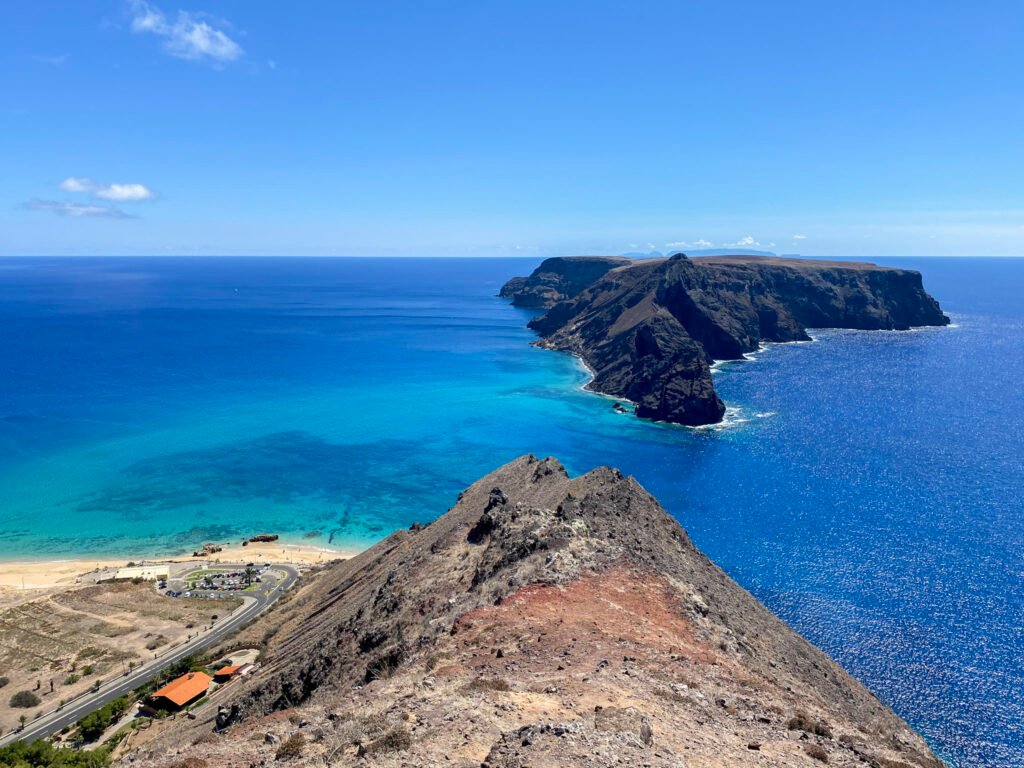
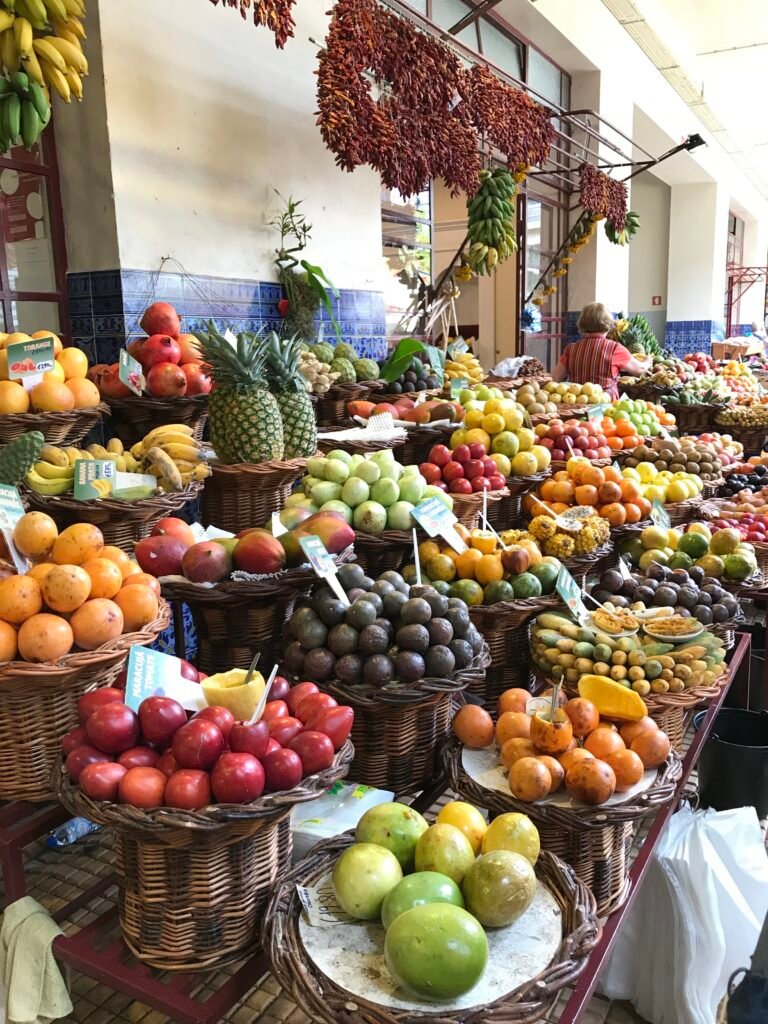

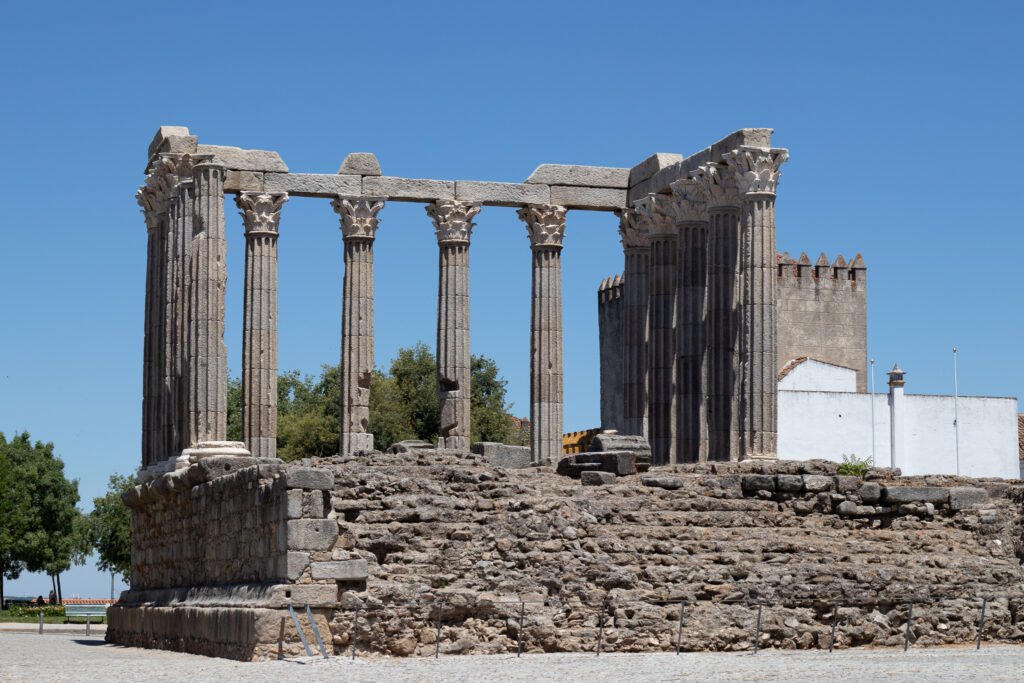

Latest Posts
Visit Lisbon: 10 things we do (and 10 things to
In the last years, Lisbon has become one of the main European city destinations. The opening and democratization of the market…
Porto Santo Island: Discover the 10 unforgettable experiences
The Island of Porto Santo is a hidden paradise in the heart of the Atlantic. If you’re planning a trip…
Discover what to do in Madeira: 10 unmissable experiences of
Madeira, together with the Azores, are two archipelagos and autonomous regions of Portugal. If you’re planning your next trip and…
Traveling in Portugal: 15 Unmissable and amazing tips, activities, and
Portugal is a country rich in history, culture, and stunning landscapes. As natives, sharing recommendations about our country is always…
What to do in Penacova – Discover 10 incredible things
For us, it continues to be a priority and a trend to travel to Portugal. It’s a small country with…
Vila Viçosa: Tranquility in Alentejo
For us, any excuse is good to visit the Alentejo and get to know more about this area of Portugal….
Planning a trip to Portugal
Places

Portugal offers a variety of fascinating places to visit, each with its uniqueness. Lisbon, the capital, captivates with its cobblestone streets, colourful buildings, and stunning views of the Tagus River. Porto, known for its Port wines and historic architecture, is a charming city to explore.
Additionally, Madeira Island, with its stunning landscapes of mountains, levadas, and lush gardens, is a natural paradise for nature lovers, and Porto Santo Island is dedicated to beach enthusiasts. In the Azores, visitors can enjoy a truly unique experience, exploring volcanic landscapes, blue lakes, and natural pools of crystal-clear waters. Both archipelagos offer a tranquil escape and an opportunity to connect with nature intimately. Alentejo, with Évora as its highlight, offers a peaceful and authentic environment, while the Algarve captivates with its stunning beaches and picturesque villages.
Accommodation

In Portugal, a wide variety of accommodations offer options for all tastes and budgets. From luxurious hotels, providing exquisite stays with stunning views, to charming country houses or farms, where you can enjoy the tranquility of the rural landscape.
Additionally, local accommodations such as apartments and vacation homes are a popular choice for those seeking flexibility and privacy during their stay. In the Azores and Madeira, eco-resorts and accommodations on farms offer an intimate connection with nature, providing an authentic and relaxing experience. Regardless of the chosen destination, there is a wide range of accommodations in Portugal to meet the needs and preferences of every traveller.
Transportation
In Portugal, travellers have a variety of transportation options to explore the country. The railway system, operated by CP – Comboios de Portugal, offers an extensive network of trains connecting major cities and regions, providing an efficient and comfortable way to travel.
Additionally, buses, operated by companies such as Rede Expressos, Rodoviária Nacional, and Flixbus, are an economical and convenient option for travelling between cities and towns, covering even more remote areas. For city travel, public transportation like the metro, buses, and trams are widely used and offer an affordable and efficient way to get around.
Renting a car is also a popular option for those wishing to explore rural landscapes and remote beaches with more freedom and flexibility. Additionally, taxi services and ride-sharing platforms like Uber and Bolt are available in urban areas for shorter trips and extra convenience. With a variety of transportation options available, travellers can easily explore all that Portugal has to offer.
Flights
Portugal offers a diverse network of airports that serve as gateways to the country and its autonomous regions. The Humberto Delgado Airport in Lisbon, the Francisco Sá Carneiro Airport in Porto, and the Faro Airport in the Algarve are the main continental airports, offering a wide variety of domestic and international flights.
Additionally, the autonomous regions of the Azores and Madeira also have airports essential for air connectivity. In the Azores, the João Paulo II Airport in São Miguel and the Lajes Airport in Terceira are important examples, while in Madeira, the Madeira Airport in Funchal and the Porto Santo Airport serve as crucial transportation hubs. This comprehensive airport network facilitates easy and convenient travel for visitors and residents, connecting mainland Portugal to its autonomous regions and international destinations worldwide.
Mobile Data
For those visiting Portugal, ensuring access to the internet is essential for navigation, communication, and using online services during the stay. There are two main options for getting mobile data: local carrier prepaid SIM cards and eSIMs.
Prepaid SIM cards offer a fixed amount of data for a set period and can be purchased at electronics stores, carrier kiosks, or airports, easily activated by inserting the card into the phone. On the other hand, eSIM is an emerging technology that allows you to buy and activate mobile data instantly online, without the need for a physical card.
MobiMatter allows you to acquire your card easily and compare eSIMs from multiple operators. Compatible with some smartphones, this option offers additional convenience by eliminating the search and swapping of physical SIM cards.
Payments
When it comes to payment methods in Portugal, visitors will find a variety of options widely accepted throughout the country. Debit and credit cards are commonly used in retail stores, restaurants, hotels, and other tourist locations, with Visa and Mastercard being the most widely accepted, followed by American Express and other less common international cards. Most shops and services also accept contactless payments, which is convenient for small purchases. Additionally, many retail establishments accept payments through mobile payment systems like Apple Pay and Google Pay.
However, it’s always advisable to have some cash on hand, especially in rural areas and smaller establishments where card acceptance may be less common. In Portugal, the official currency is the Euro (€), and automated teller machines (ATMs) are easily found in all cities and towns, allowing cash withdrawals using debit or credit cards from foreign banks. It’s important to check your bank’s fees and commissions before making withdrawals at ATMs abroad. Using an international card with no fees, such as Revolut or Curve, may be beneficial.
Travel Insurance
Travel insurance is highly recommended when visiting Portugal to ensure financial coverage in case of medical emergencies, trip cancellations, and lost luggage. With potentially high medical costs and other unforeseen events, having insurance provides peace of mind and protection during your stay.
Heymondo offers travel insurance with coverage in Portugal and includes AirHelp in case you encounter issues with your flights.
Activities
Portugal is filled with activities to do and places to explore. In a digitally advanced society like Portugal’s, one of the best ways to discover and book activities is through the internet. From visiting historical sites and participating in cultural events to exploring the vibrant urban life of Lisbon and Porto and savoring the delicious Portuguese cuisine, there is something for everyone in the country. With the convenience of online bookings, you can easily plan your trip and make the most of all the experiences Portugal has to offer.
FAQs
What is the best time to visit Portugal?
Generally, spring (March to May) and autumn (September to November) are considered the best months to visit Portugal, with pleasant temperatures and fewer tourists. However, the climate varies by region, with summer (June to August) being popular for beachgoers, while winter (December to February) is ideal for more authentic cultural and gastronomic experiences.
Do I need a visa to visit Portugal?
Os cidadãos da União Europeia, assim como de muitos outros países, não necessitam de visto para visitar Portugal por períodos curtos de turismo. Contudo, é importante verificar os requisitos específicos de visto do teu país antes de viajar. Para estadias mais longas ou outros fins, como trabalho ou estudo, poderá ser necessário obter um visto apropriado. O IATA Travel Center oferece conselhos personalizados sobre requisitos de viagem.
What is the currency used in Portugal?
A moeda oficial de Portugal é o Euro (€). Caixas automáticos (ATM) estão amplamente disponíveis em todo o país para levantamentos de dinheiro, e cartões de débito e crédito são geralmente aceites na maioria dos estabelecimentos comerciais, restaurantes e hotéis.
How is the public transportation system in Portugal?
Portugal has a comprehensive public transportation network, including trains, buses, and metro in some cities. Trains from CP – Comboios de Portugal connect the major cities and regions of the country, while buses operated by various companies offer a convenient way to travel to more remote destinations. Additionally, major cities have efficient metro systems.
Is it safe to travel in Portugal?
Portugal is generally considered a safe country to travel to, with low crime rates. However, it’s always important to be mindful of your belongings, especially in busy tourist areas, and take normal safety precautions during your stay.
What are the main tourist destinations in Portugal?
How much time do I need to visit Portugal?
The ideal time to visit Portugal depends on your interests and what you wish to explore. If the plan is for a quick visit to see the major cities and tourist spots, a week may be sufficient to visit Lisbon, Porto, and perhaps an additional region such as the Algarve or the Douro. However, if you intend to explore the country more deeply and enjoy its diverse regions, two weeks or more will allow for a more comprehensive experience. The islands of Azores and Madeira also deserve at least a few days each if you have time to include them in your trip. Ultimately, the more time you have to explore Portugal, the more you can discover and appreciate all its wonders.
How much does a trip to Portugal cost?
The cost of a trip to Portugal can vary considerably depending on various factors such as the duration of the stay, the type of accommodation, food expenses, planned activities, and travel style. On average, visitors can expect to spend between €50 to €100 per day, excluding international flight costs. Portugal offers a variety of accommodation options, from luxury hotels to budget-friendly hostels, and the local cuisine is known for its quality and affordability. Tourist activities and attractions also vary in price, with many free or low-cost options available throughout the country.
To obtain a more accurate estimate of costs, the website Budget Your Trip is a useful tool that allows travelers to calculate average expenses based on specific categories such as accommodation, food, transportation, and activities. This platform provides aggregated data from other travelers to help plan and budget the trip according to individual preferences and desired travel styles.
It’s important to keep in mind that prices may vary depending on the time of year, the region visited, and travelers’ personal choices. However, with careful planning and by using tools like Budget Your Trip, it’s possible to estimate and control costs to ensure a memorable experience in Japan within the desired budget.


